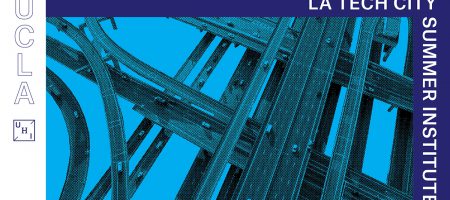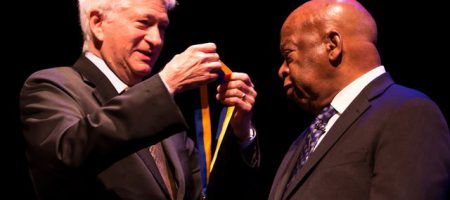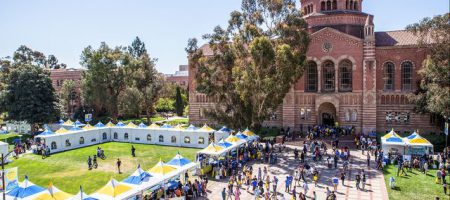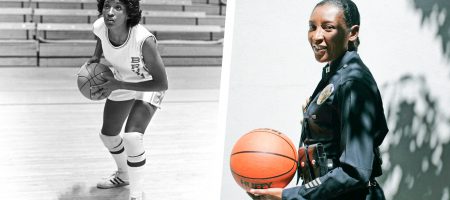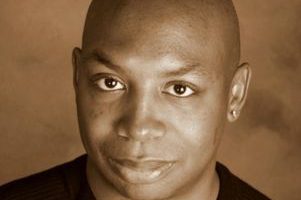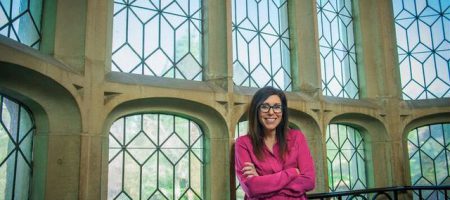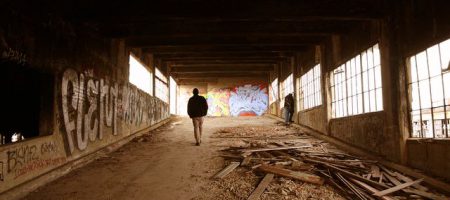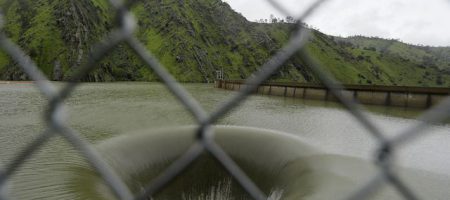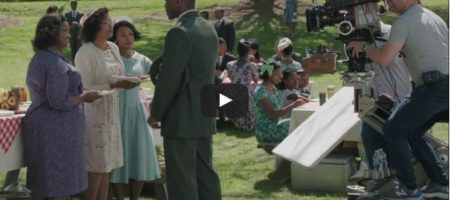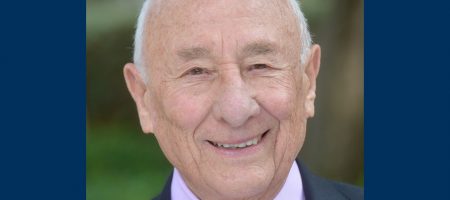Thanks to a $5 million gift from longtime supporter Meyer Luskin, UCLA will establish the Luskin Center for History and Policy, the first academic research center on the West Coast devoted to using history to publish knowledge that promotes solutions to present-day issues.
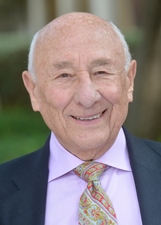
Meyer Luskin
The new center will foster teaching, research and collaborations across campus and beyond the university that will direct historical insights to shaping policies and solving problems.
“I believe we can use history to better our lives,” said Luskin, the chairman, president and CEO of Scope Industries. “The best way to choose the path to the future is to know the roads that brought us to the present.”
The Luskin Center for History and Policy will be a pioneer in translating historical research into tangible and accessible sources of knowledge. The center will support policy-oriented projects developed by UCLA history faculty and their colleagues across campus, host visiting scholars and postdoctoral fellows and provide funding for graduate students. It will also sponsor new courses that will train students to analyze historical events and apply their knowledge to current issues.
“Meyer Luskin has given UCLA the means to build a new pathway to using historical knowledge for the greater good,” said Scott Waugh, UCLA’s executive vice chancellor and provost. “Situated in a global university with a public mission, the new center is well placed to have a decisive impact, from the local level all the way to the international level.”
The history department can already cite at least one recent example of the influence of historical research on public action. In 2015, Zev Yaroslavsky, a former Los Angeles County supervisor and now a senior fellow in history at UCLA, led a project examining the city’s bidding process for the 1984 Olympics. The resulting position paper was distilled into an op-ed published in the Los Angeles Times and contributed to the decision by the Los Angeles City Council to delay a vote on the Olympic bid until all its provisions could be properly debated.
Stephen Aron, the Robert N. Burr Department Chair of the history department, said the center would be a hub for collaborative projects engaging researchers from the social sciences and the humanities as well as campus units including the UCLA Fielding School of Public Health and the UCLA Luskin School of Public Affairs.
“My goal is to make history matter more to more people, and I can’t think of a better way to do that than through this center,” Aron said. “We are indebted to Meyer for his generous and visionary action.”
Initially, the center will be under the direction of history professor and former department chair David Myers, working closely with Aron.
“There is a new urgency to understand and apply our historical knowledge to today’s world,” said Myers, holder of the Sady and Ludwig Kahn Chair in Jewish History. “The new Luskin Center will be a national trend-setter in bringing many different angles of historical perspective to bear on key issues in the country — and world — today.”
Myers said the center would help develop new forms of teaching to equip students with the historical tools to make sense of the world around them and thrive in any number of careers.
Luskin, who graduated in 1949, and his wife, Renee, who graduated in 1953, are among UCLA’s most generous supporters. In 2011, they donated $100 million — the second-largest gift ever to the campus — to support academic programs and capital improvements. The gift was equally divided between the UCLA School of Public Affairs, which was renamed in their honor, and the UCLA Meyer and Renee Luskin Conference Center, which opened in 2016. Luskin co-chairs the UCLA Centennial Campaign Cabinet, serves on the campaign executive committee, and is a member of the UCLA Foundation board of directors.
Addressing graduates at the 2014 history department commencement, Luskin said, “The study of history creates important knowledge — but equally important is how you assemble and use that knowledge.”


